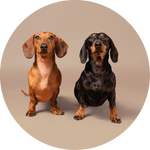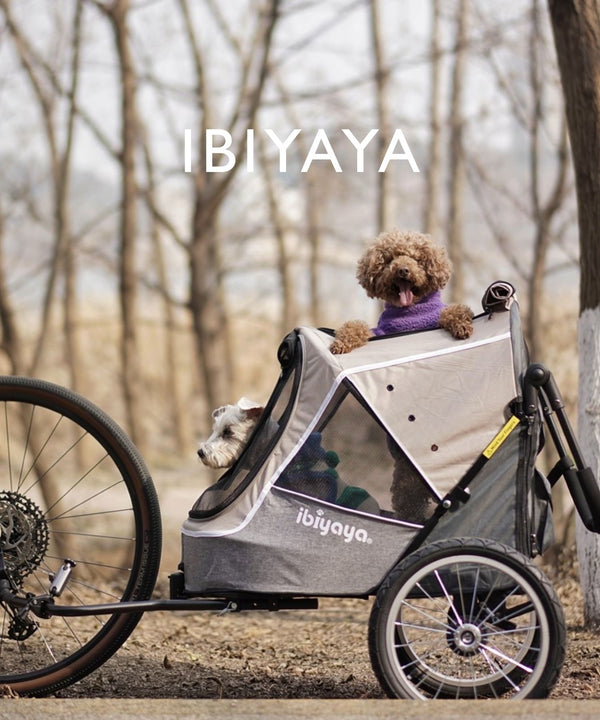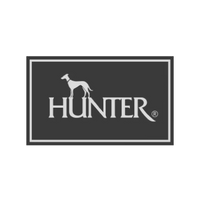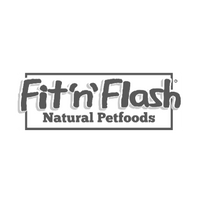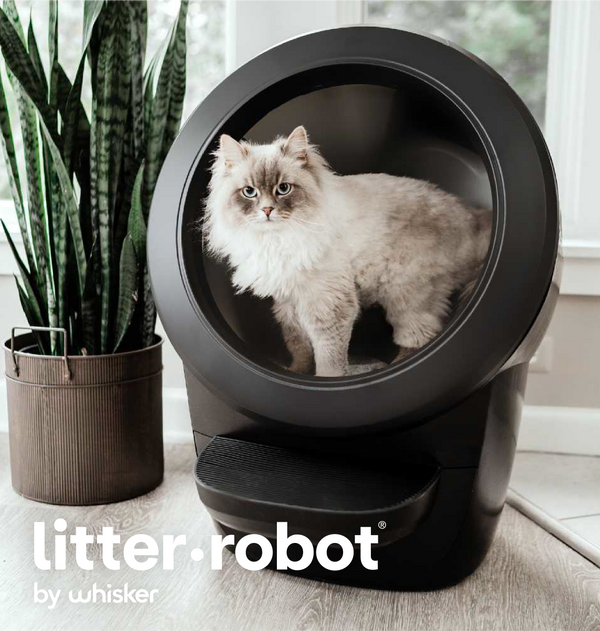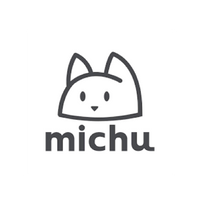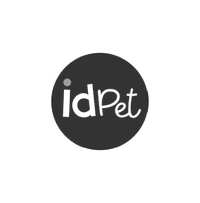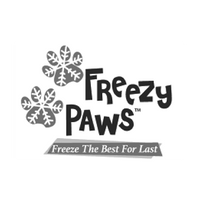The Essential Guide to Dog Safety: What Not to Feed Your Furry Friend
Welcome to the latest entry on Modern Pets, your go-to source for premium pet supplies and reliable pet care information in Australia. As devoted dog owners, we understand that your furry friend is more than just a pet; they’re part of the family.
It’s crucial to be aware of what foods can harm your dog to ensure they lead a long, happy, and healthy life. This guide will outline what foods are poisonous to dogs, providing you with the knowledge to protect your beloved companion.
Foods Toxic to Dogs
- Chocolate: Chocolate is widely known to be harmful to dogs, containing theobromine and caffeine, which can lead to serious health issues such as heart problems, seizures, and in severe cases, death.
- Xylitol: Found in sugar-free gum, candies, and some peanut butters, xylitol can cause insulin release in dogs, leading to liver failure and hypoglycemia.
- Grapes and Raisins: Even small amounts of grapes or raisins can cause kidney failure in dogs, making them some of the most dangerous foods for dogs.
- Onions and Garlic: These common kitchen ingredients can cause gastrointestinal irritation and could lead to red blood cell damage and anemia in dogs.
- Avocado: Containing persin, avocado can cause vomiting and diarrhea in dogs, especially if they ingest the pit, which also poses a choking hazard.
- Macadamia Nuts: These nuts can cause weakness, depression, vomiting, tremors, and hyperthermia in dogs.
- Yeast Dough: Yeast dough can expand in your dog’s stomach, causing pain and potentially leading to intestinal blockages or ethanol poisoning.
- Bones and Fat Trimmings: While it might seem natural to give dogs bones, they can splinter and cause obstructions or lacerations in the digestive system. Fat trimmings, on the other hand, can lead to pancreatitis.
- Apple, Apricot, Cherry, and Plum Seeds/Pits: The seeds or pits of these fruits contain cyanide, which is toxic to dogs. Ingestion can lead to cyanide poisoning, which affects a dog’s oxygen transport ability, potentially causing serious health issues.
- Broccoli: In large quantities, broccoli can be irritating to dogs’ digestive systems due to isothiocyanates. It’s safe in very small amounts, but it’s best to avoid feeding it as a major part of their diet.
- Milk and Dairy Products: Many dogs are lactose intolerant, which means they have difficulty processing lactose, leading to digestive upset, diarrhea, and gas when they consume milk and dairy products.
- Mushrooms: Certain types of mushrooms can be toxic to dogs, causing a range of symptoms from gastrointestinal upset to severe organ damage and death, depending on the variety ingested.
- Nutmeg and Cinnamon: Nutmeg contains myristicin, which can cause seizures and central nervous system problems in dogs. Cinnamon can irritate the inside of dogs’ mouths and can cause lower blood sugar, leading to diarrhea, vomiting, and even liver disease.
- Salty Foods: High amounts of salt can lead to sodium ion poisoning in dogs, symptoms of which include vomiting, diarrhea, excessive thirst, and urination, or even neurological problems.
- Spicy Food: Spicy foods can cause significant digestive upset in dogs, leading to discomfort, gas, and diarrhea. It’s best to avoid feeding your dog any food that contains spices.
- Tomatoes and Raw Potatoes: Tomatoes and raw potatoes contain solanine, a compound that can be toxic to dogs in large quantities. It’s especially concentrated in the leaves, stems, and unripe fruit of the tomato plant and in green potatoes.
Foods Not to Feed Dogs – Protecting Your Pet
Knowing what foods are bad for your dog is vital for any pet owner – in case your dog ingests any harmful substances, you should contact your veterinarian immediately. Prevention is key, so always keep dangerous foods out of reach and educate the whole family about these risks.
So, What Foods Can Dogs Eat?
While many human foods are off-limits, dogs can still enjoy a diverse and nutritious diet. Lean meats, such as chicken or turkey, provide a protein-packed boost, and vegetables like carrots and peas offer a crunchy and vitamin-rich experience. Fruits like apples (minus the seeds), blueberries, and watermelon can make for tasty and healthy treats.
Plain, cooked eggs and rice are often well-received by dogs. Just remember that moderation is key, and always consult your veterinarian before introducing new foods to your dog's diet. By making informed choices, you can ensure your dog enjoys a varied and wholesome menu, keeping their tail wagging with joy.
How Modern Pets Can Help
At Modern Pets, we’re committed to the well-being of your furry friends – beyond providing high-quality pet supplies, we aim to be a source of trustworthy information for pet owners across Australia. For those looking to treat their dogs safely, explore our range of dog-friendly treats and toys that cater to your pet’s health and happiness. We also carry a carefully curated selection of dog-feeding accessories, as well as a cat-feeding collection as well.
Remember, knowing what foods dogs can’t eat is just as important as knowing what they can. By staying informed and cautious, you can ensure your dog enjoys a nutritious diet that keeps them safe and healthy.

